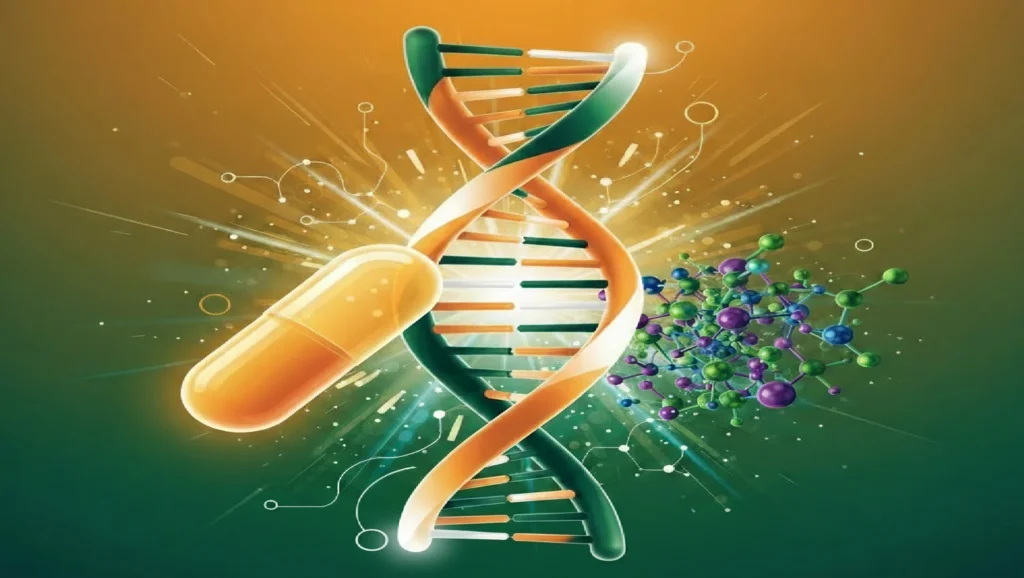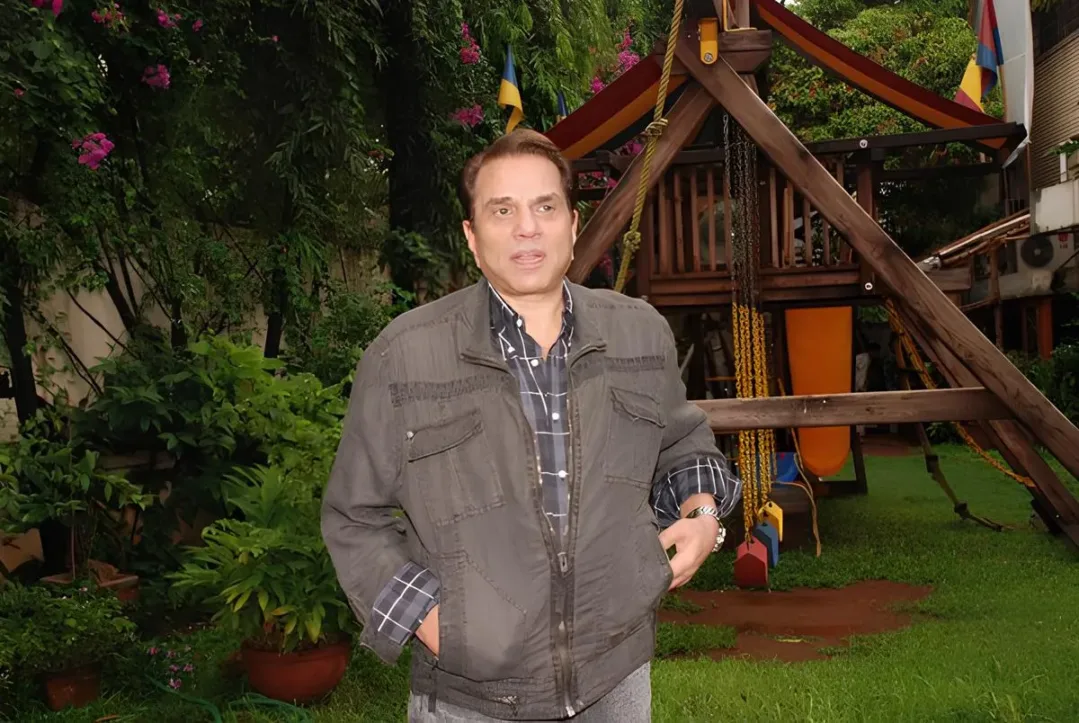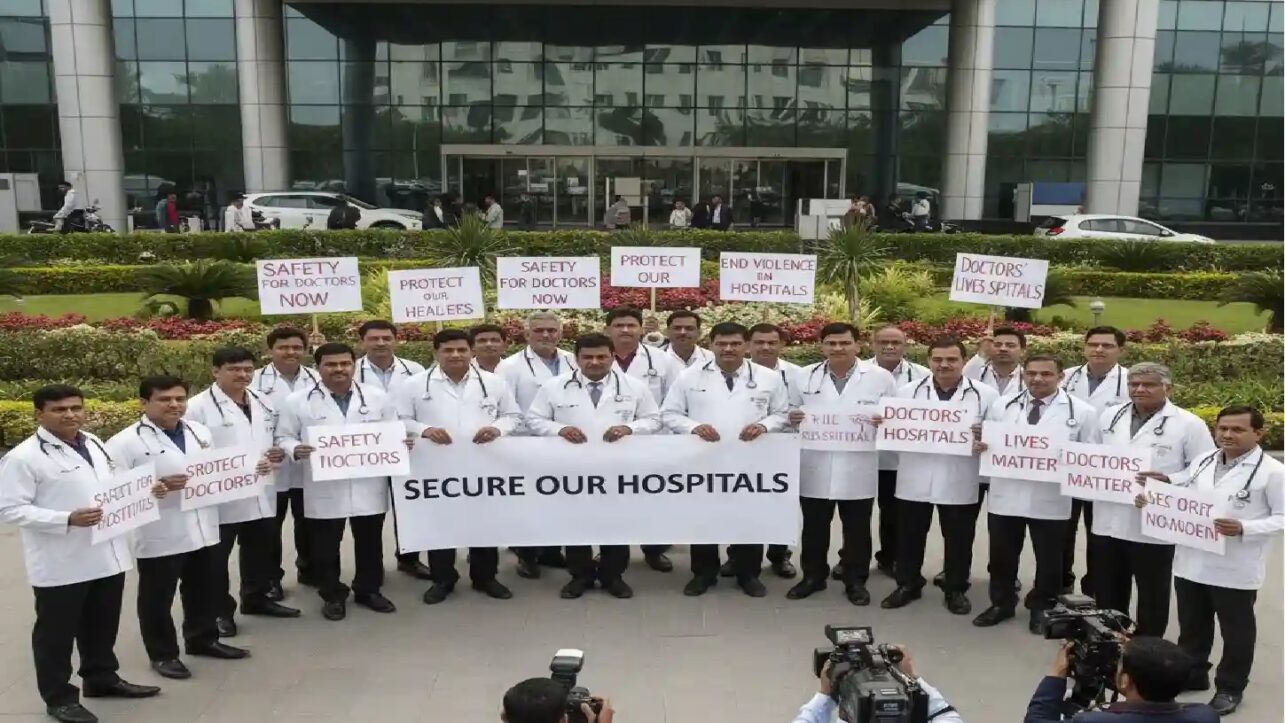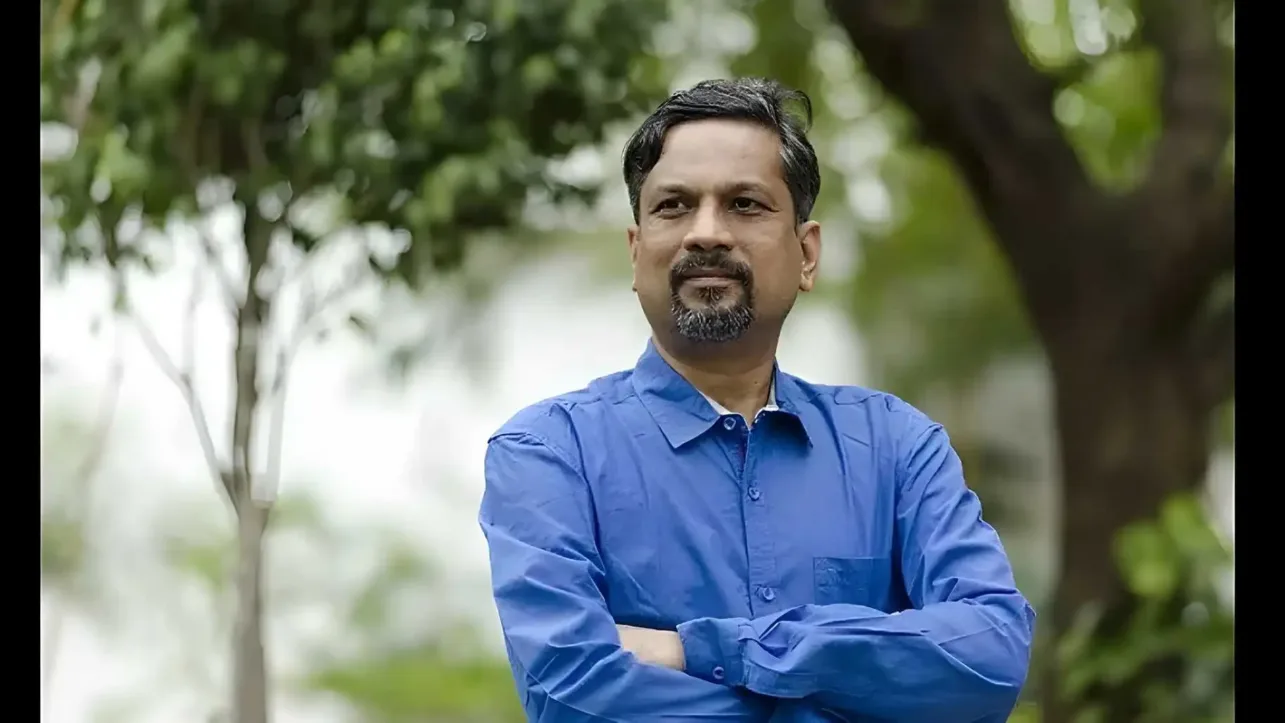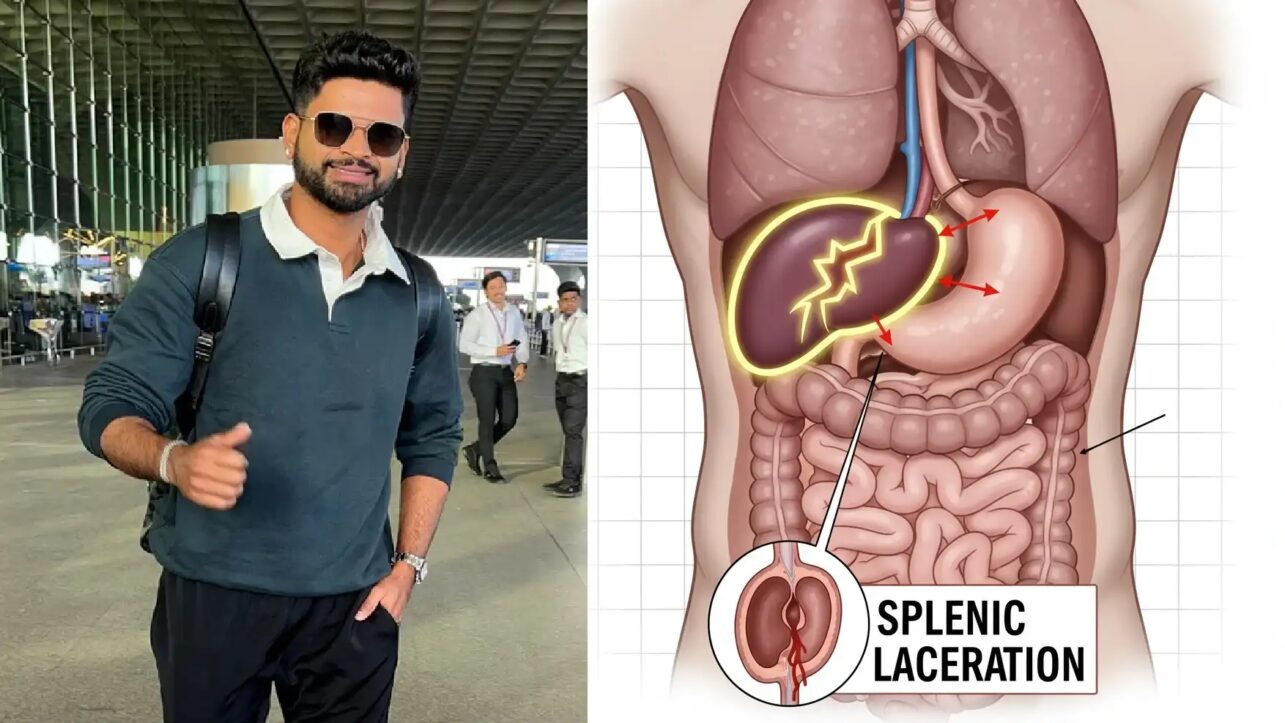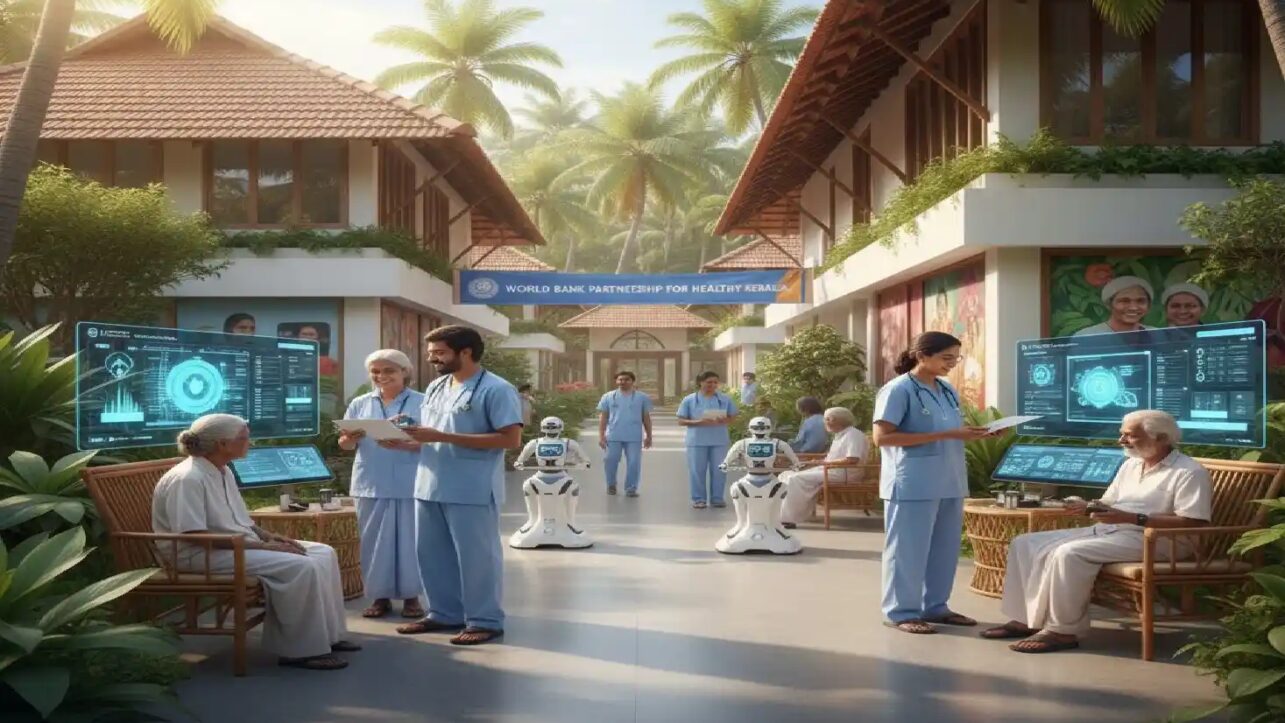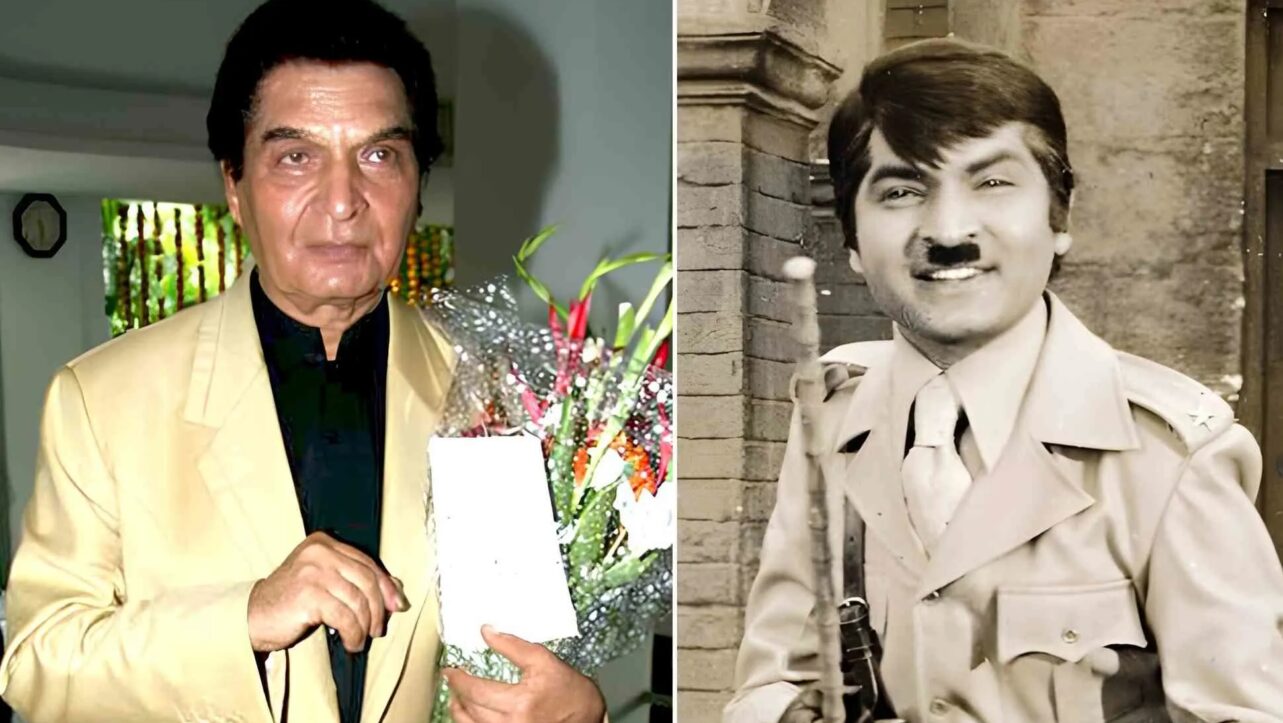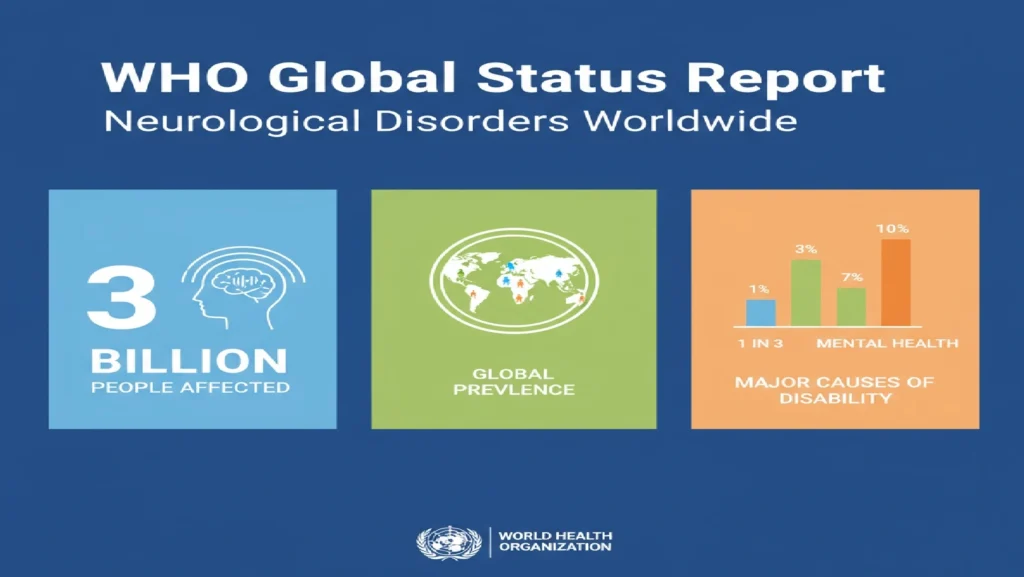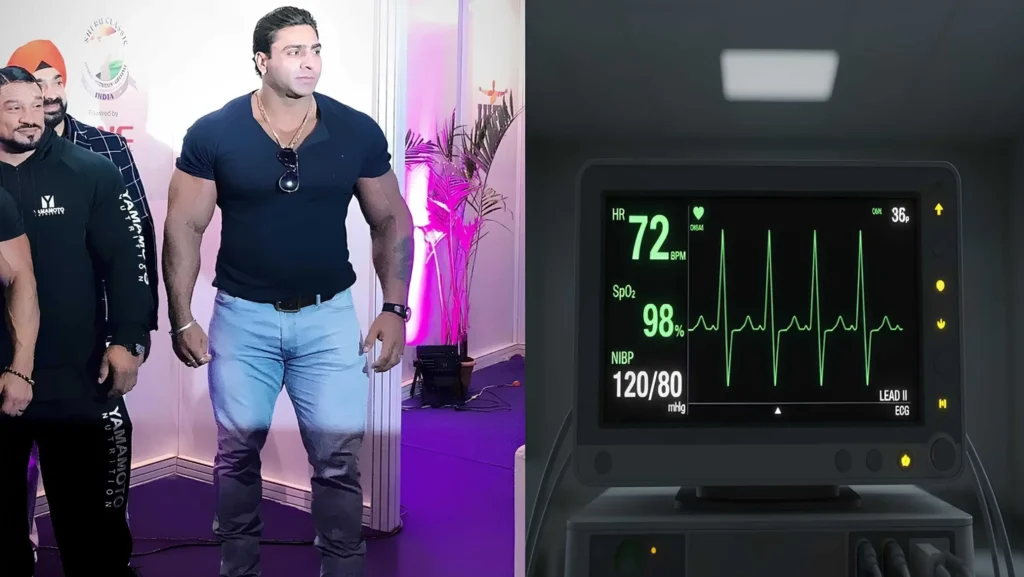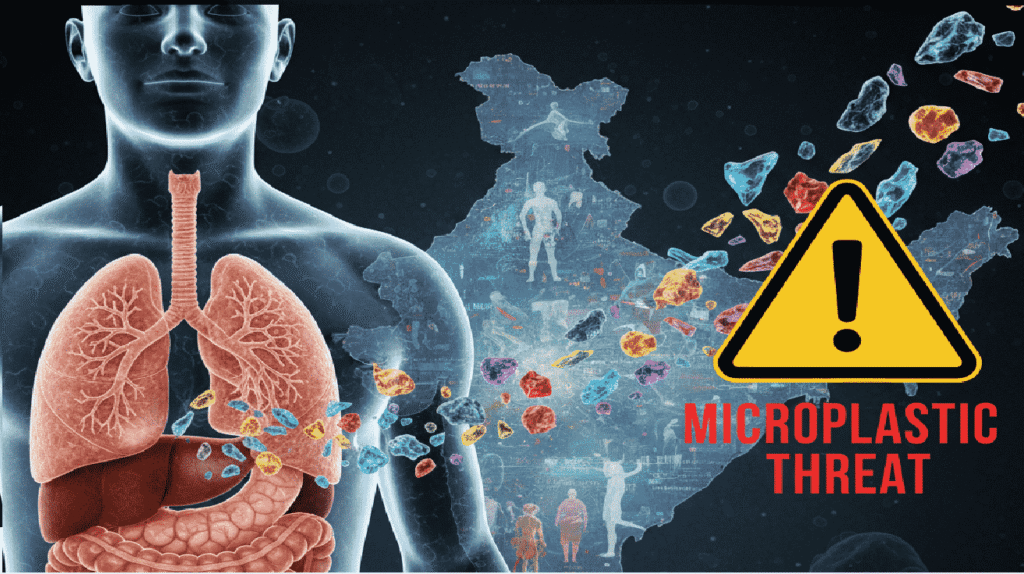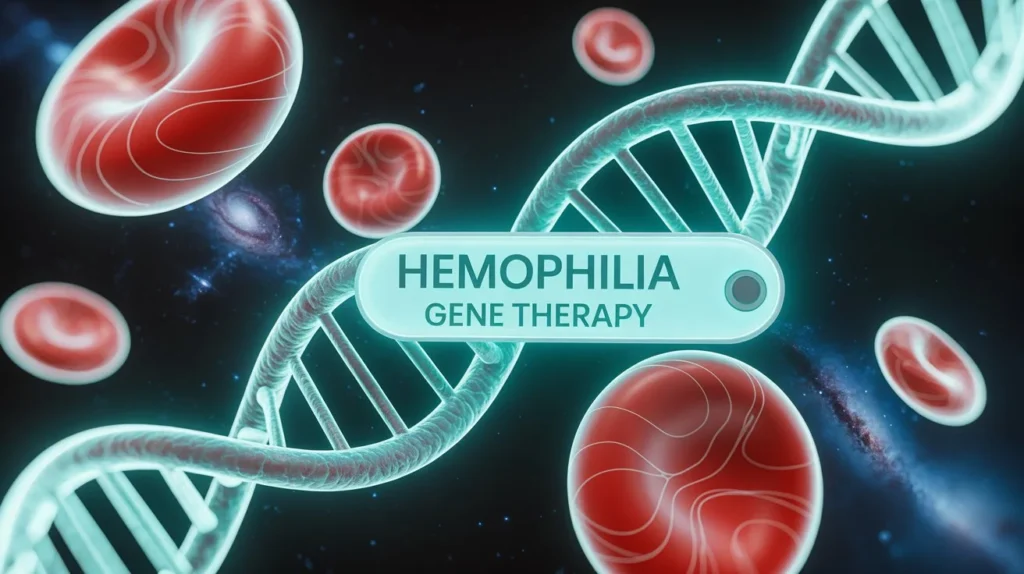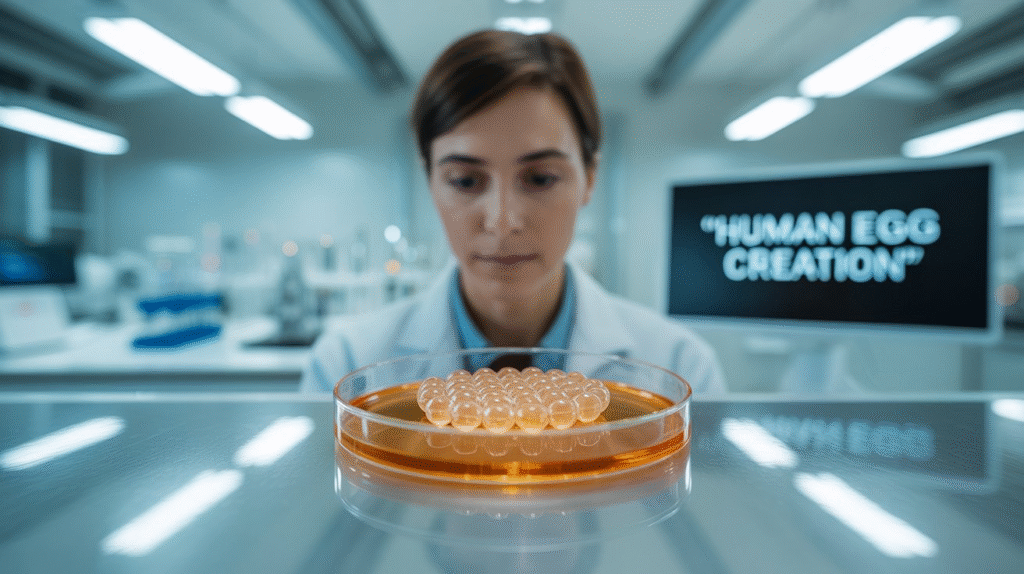Union Minister inaugurates 3-day medical workshop, cites indigenous antibiotic and gene therapy breakthroughs as models for reducing government dependency
Union Minister Dr. Jitendra Singh on October 18, 2025, called for India to build a self-sustainable innovation ecosystem that reduces dependence on government funding while engaging the private sector and philanthropic organizations to achieve global recognition in research and innovation.
Speaking at the inauguration of a 3-day medical workshop on ‘Harnessing Artificial Intelligence for Multi-Omics Data Integration and Analysis‘ at Sir Ganga Ram Hospital in New Delhi, the Minister stated that “most nations that have achieved global recognition in science and innovation have done so through self-sustaining, innovation-driven models with extensive engagement of the private sector“.
AI and Multi-Omics: Transforming Healthcare Through Data Integration
The three-day workshop (October 15-17, 2025) brought together leading experts, clinicians, and researchers to explore how Artificial Intelligence and machine learning can analyze complex biological data from genomics, proteomics, metabolomics, and microbiomics to transform diagnosis, treatment, and patient care.
Dr. N.K. Ganguly, Chairperson and Member of the Department of Biotechnology and Research at Sir Ganga Ram Hospital, organized the high-impact workshop featuring hands-on training and expert talks on AI-powered genomics, proteomics, metabolomics, drug discovery, and healthcare applications.
Showcasing Success: Indigenous Antibiotic Development
To illustrate successful industry-academia partnerships, Dr. Jitendra Singh highlighted India’s development of its first indigenously discovered antibiotic, Nafithromycin, which is effective against resistant respiratory infections and particularly useful for cancer patients and poorly controlled diabetics.
“This antibiotic is the first molecule entirely conceptualized, developed and clinically validated in India, representing a significant leap toward self-reliance in the pharmaceutical sector,” the Minister stated.
Developed through collaboration between the Government of India’s Department of Biotechnology and Mumbai-based Wockhardt, Nafithromycin exemplifies the public-private partnership model the Minister advocates.
Gene Therapy Milestone: 70% Success Rate in Hemophilia
Dr. Singh also announced India’s first successful indigenous clinical trial for Hemophilia treatment using gene therapy, marking another example of effective government-non-government collaboration.
The trial, supported by the Department of Biotechnology and conducted at Christian Medical College Vellore (a non-government hospital), achieved a 60-70% correction rate with zero bleeding episodes—findings published in the prestigious New England Journal of Medicine.
“This represents a milestone in India’s medical research landscape, underscoring India’s growing leadership in advanced biomedical innovation,” Dr. Singh emphasized.
ANRF: ₹50,000 Crore Paradigm Shift in Research Funding
The Minister highlighted the Anusandhan National Research Foundation (ANRF) as a major institutional mechanism to build the self-sustainable ecosystem, with a total outlay of ₹50,000 crore over five years (2023-2028).
Critically, ₹36,000 crore (72%) will come from non-government sources, including public sector enterprises, the private sector, philanthropist organizations, foundations, and international bodies, with only ₹14,000 crore as budgetary provision from the Central Government.
“This model reflects a paradigm shift in India’s approach to research and development, aligning it with global standards and emphasizing greater participation of academia and industry,” Dr. Singh stated.
The ANRF, established under the ANRF Act 2023, aims to seed, grow, and foster a culture of research and innovation throughout the country as outlined in the National Education Policy. The Science and Engineering Research Board (SERB), which previously handled much of India’s research funding, has been subsumed into ANRF.
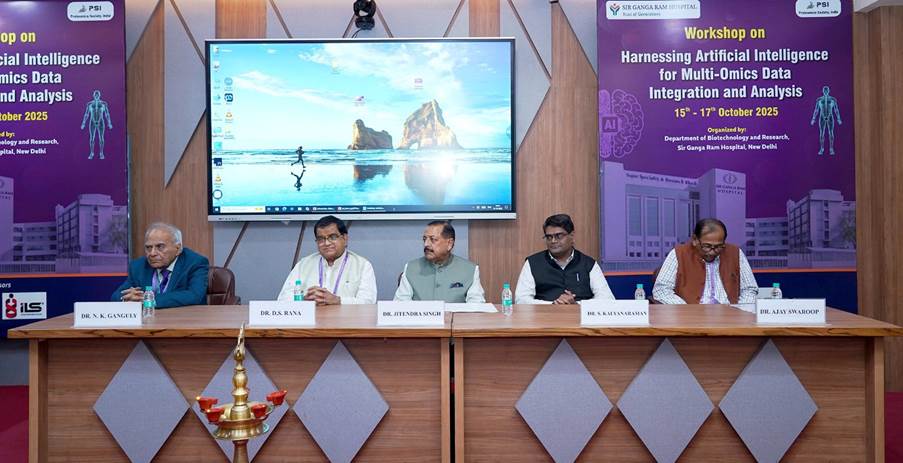
AI Revolutionizing Healthcare Access and Governance
Dr. Jitendra Singh described Artificial Intelligence as “one of the most transformative tools of the modern era, reshaping healthcare accessibility, governance efficiency, and decision-making“.
Healthcare innovations:
- AI-based hybrid mobile clinics are serving rural and remote regions, ensuring quality healthcare reaches underserved populations
- Hospitals like Sir Ganga Ram are pioneering interdisciplinary approaches by integrating AI, biotechnology, and genomics to improve healthcare outcomes
Governance transformation:
- The AI-driven grievance redressal system developed by the Department of Administrative Reforms and Public Grievances (DARPG) has achieved a weekly disposal rate of 97-98%, significantly improving citizen satisfaction and service delivery
Genomic Medicine: From 10,000 to One Million Genomes
Dr. Singh revealed that India has already sequenced over 10,000 human genomes and aims to scale this up to one million in the coming years.
This ambitious genomic sequencing program will provide the foundation for personalized medicine, enabling tailored treatments based on individual genetic profiles—the kind of data integration that the AI-Multi Omics workshop was designed to address.
Call for Multi-Stakeholder Collaboration
The Minister urged greater collaboration between government departments, private hospitals, and research institutes to realize the vision of Viksit Bharat @2047 (Developed India by 2047).
He specifically lauded Sir Ganga Ram Hospital for hosting the workshop and for its commitment to advancing medical science through cutting-edge research and training the next generation of researchers and clinicians.
Convergence of Innovation, Collaboration, and Compassion
“India is entering a new era of self-reliance in biotechnology, AI and genomic medicine,” Dr. Jitendra Singh declared. “The convergence of innovation, collaboration and compassion will define India’s journey toward a developed nation and establish its leadership in the global science and technology landscape“.
The Minister’s emphasis on reducing government dependency while building sustainable partnerships between academia, industry, and philanthropy signals a strategic transformation in how India approaches research and innovation funding.
The event was also attended by Dr. Shiv Kumar Kalyanaraman (CEO, Anusandhan National Research Foundation), Dr. N.K. Ganguly, Dr. D.S. Rana, and Dr. Ajay Swaroop.
Multi-Omics: The Future of Precision Medicine
The workshop’s focus on multi-omics data integration reflects the growing recognition that understanding complex diseases requires analyzing multiple biological layers simultaneously.
From genomics and proteomics to metabolomics and microbiomics, these cutting-edge approaches generate massive datasets that AI and machine learning can transform into actionable insights for better diagnosis, treatment, and patient care.
The three-day program featured day-wise sessions covering expert talks, hands-on training, and collaborative discussions, with leading professors from IIIT Delhi, Institute of Bioinformatics Bangalore, ILS Bhubaneswar, JNU, and IIT Madras participating as faculty.

